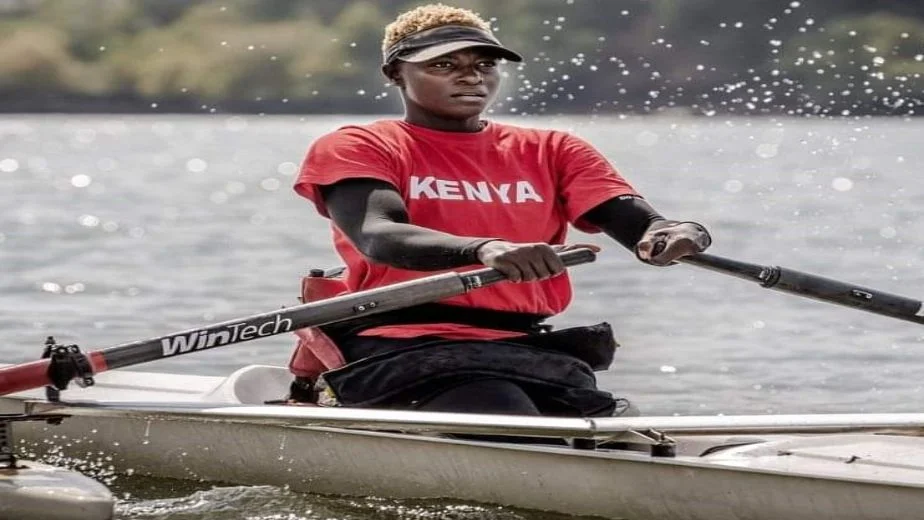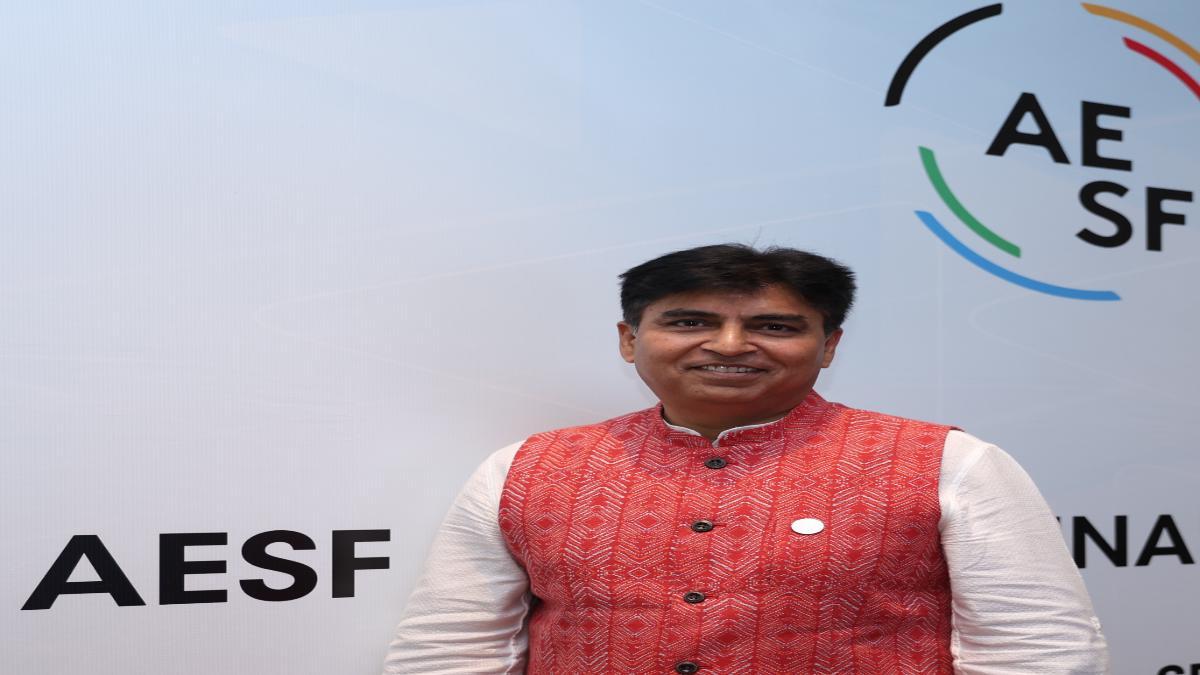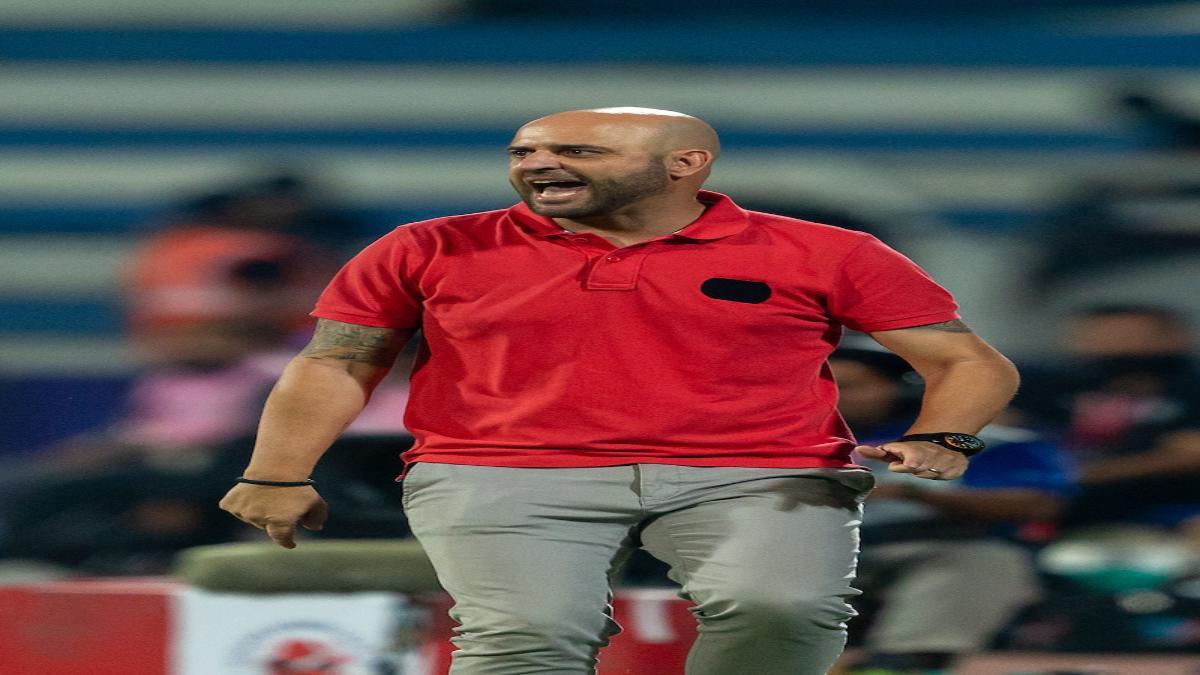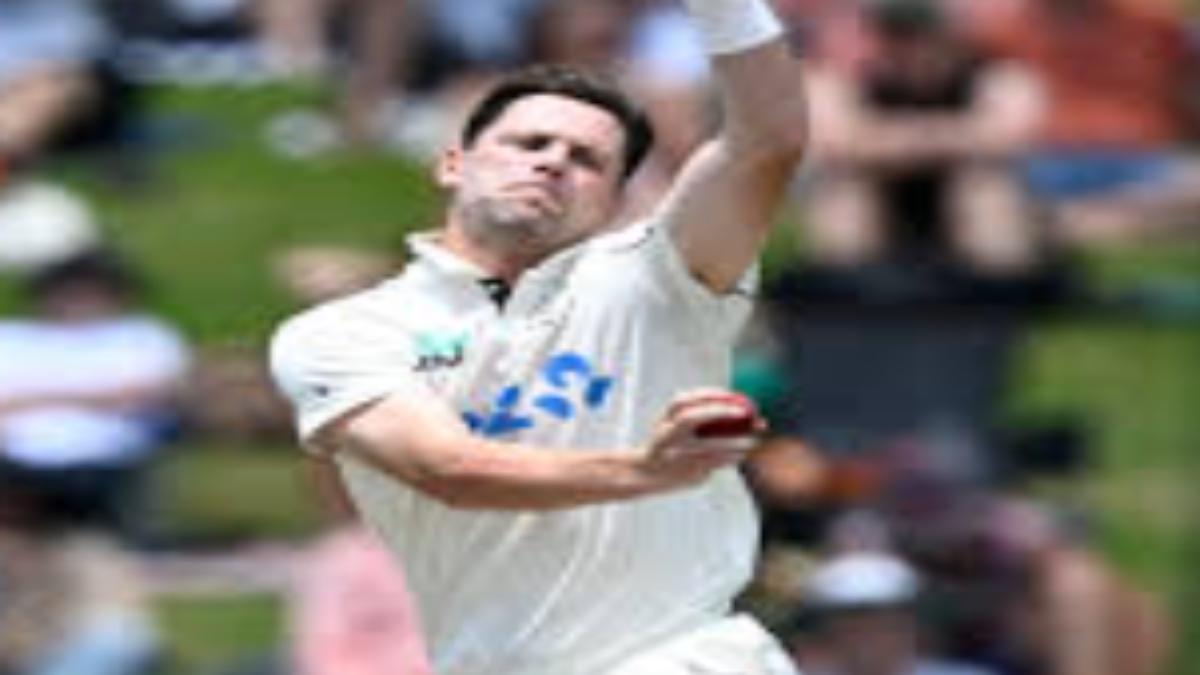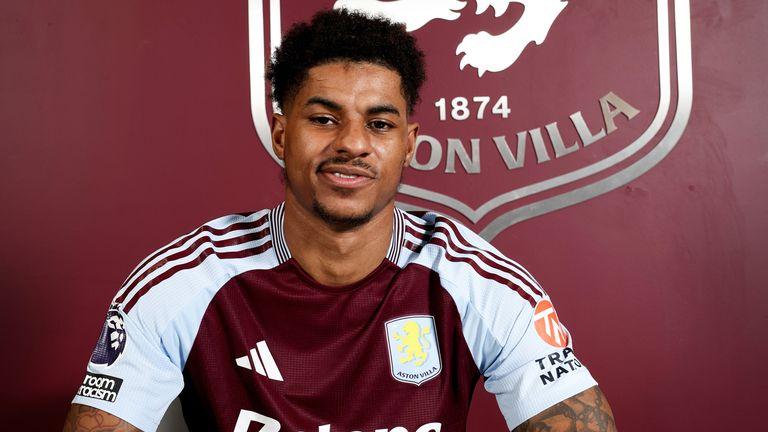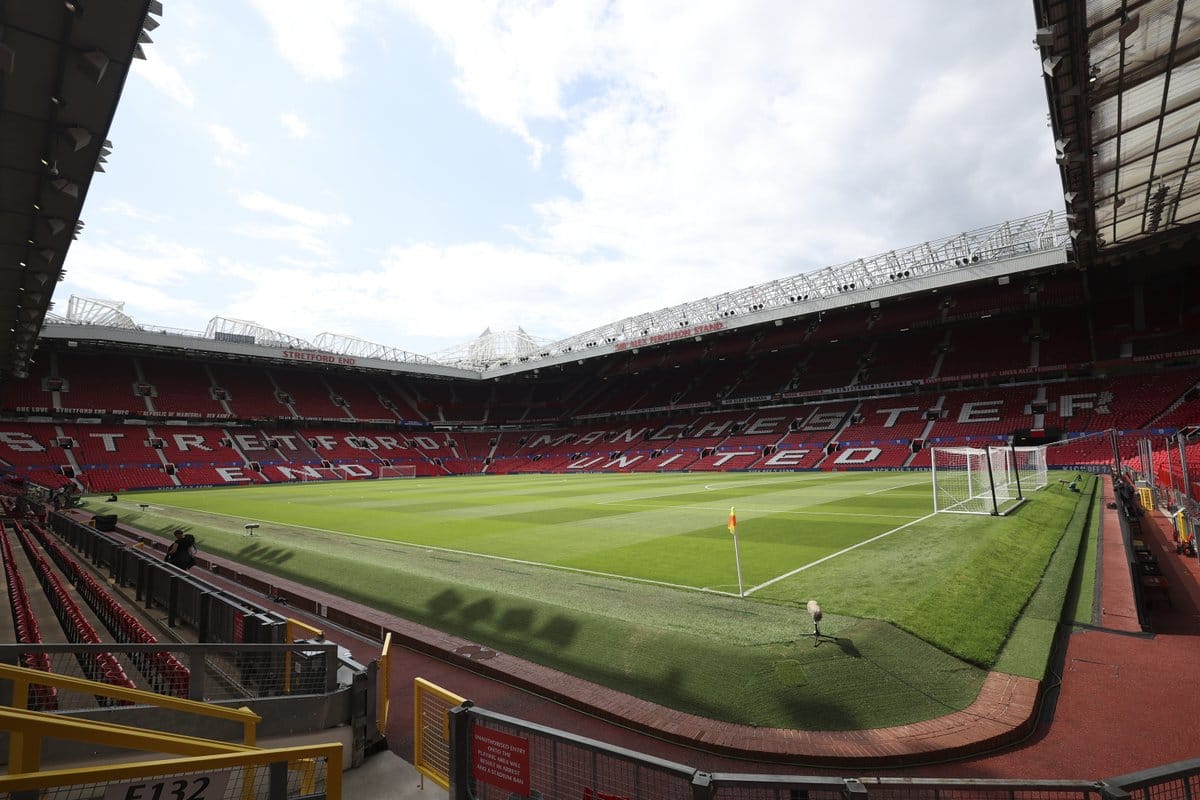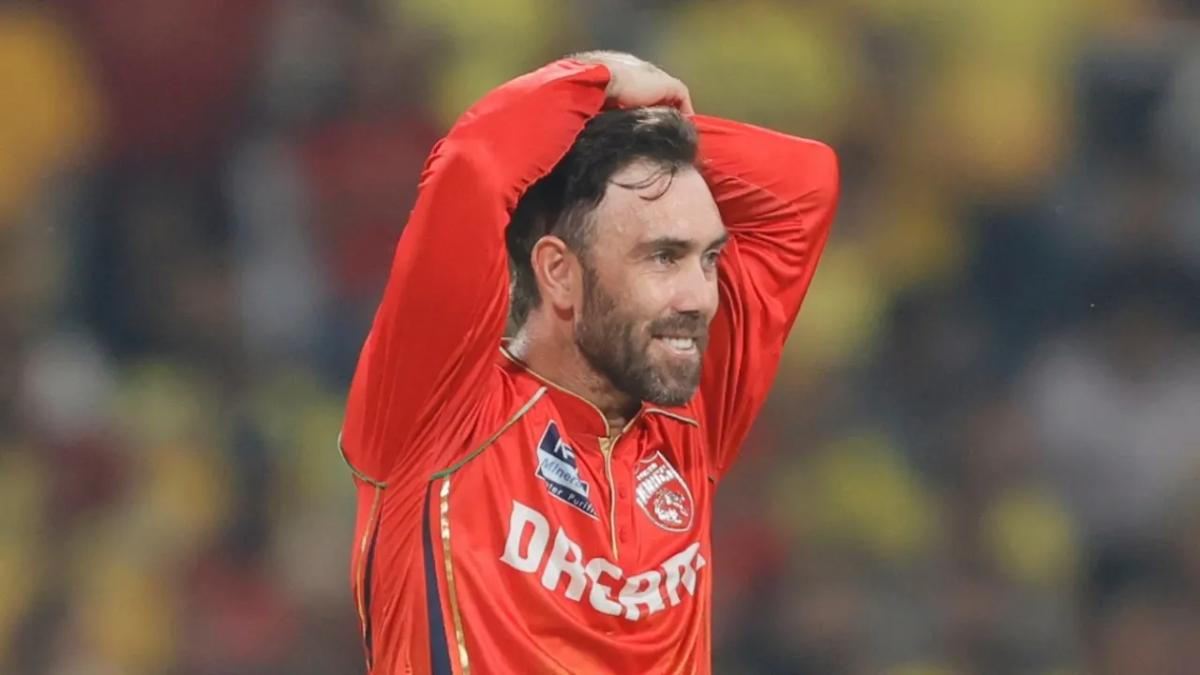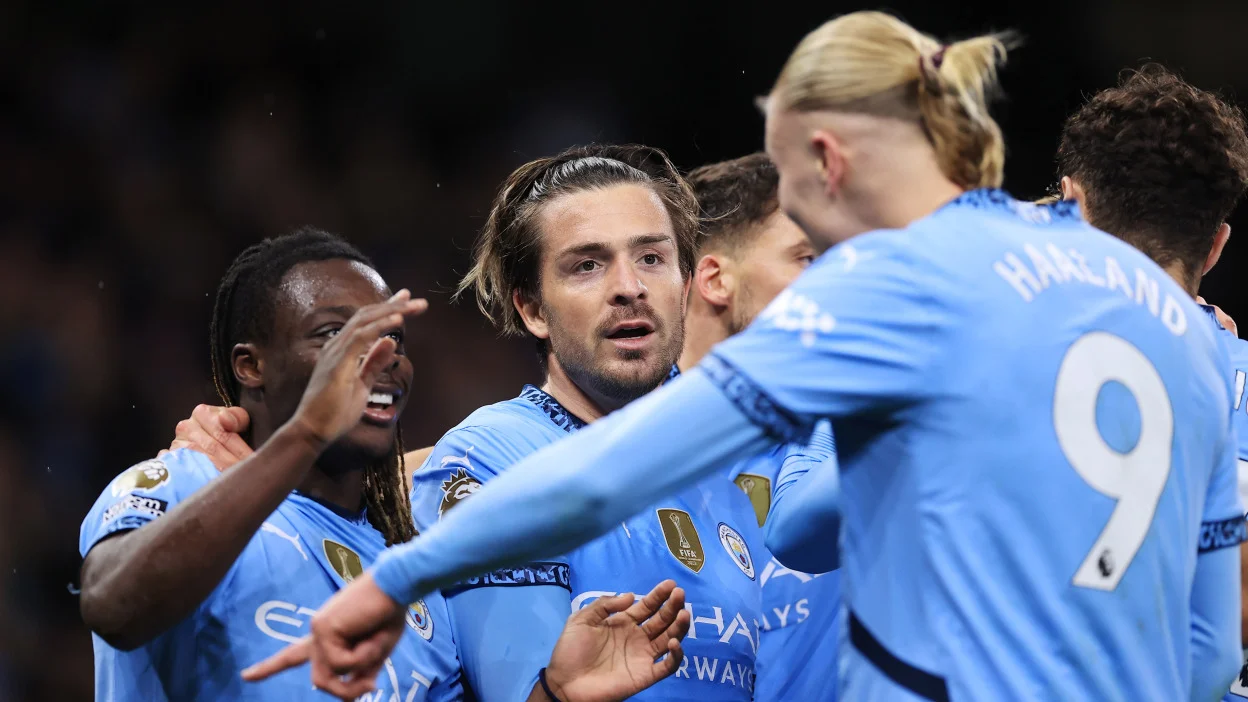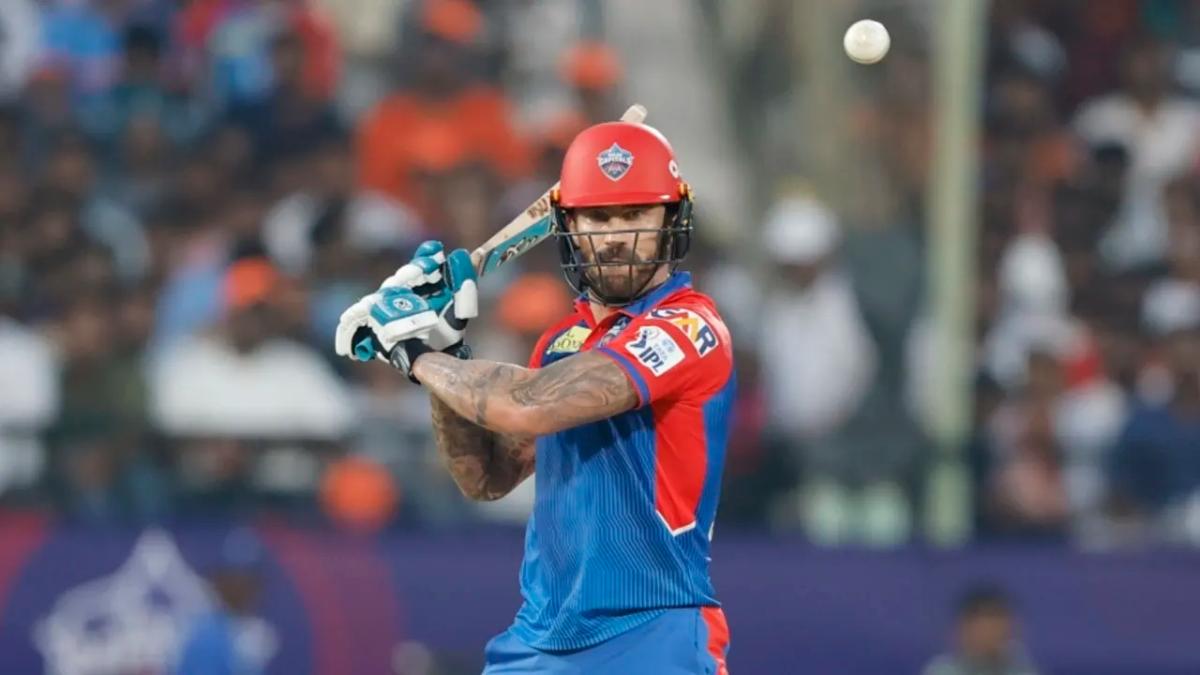Having suffered a tragic accident at the age of two, Asiya Mohamed lost both her legs and many fingers on her left hand. Due to various circumstances, she lost both her parents at a young age and endured difficulties that would make most individuals give up on their life. However, despite the innumerable hardships, she recently became the first Kenyan female rower to compete at the 2020 Paralympic Games in Tokyo. The 29 year old excels in wheelchair marathons, tennis and rowing and is an ardent disability advocate to improve the conditions of other para-athletes.
In this exclusive interview, Asiya Mohamed speaks about her journey so far, experience at the 2020 Summer Paralympics, overcoming hardships, being a disability advocate and her future goals.
Q 1) When were you first introduced to Wheelchair tennis? What motivated you to switch from wheelchair marathon events to tennis?
Wheelchair tennis was introduced to me in 2013 in Mombasa by Lawrence Karanja. I have been doing wheelchair marathons for the longest time compared to any other games and I haven’t moved to wheelchair tennis. I play them all when I am available and when I am both physically and mentally fit.
Q 2) You are the first Kenyan female rower to compete at the 2020 Summer Paralympics. How was the experience at the event and is it one of the proudest moments in your career?
It was a mind blowing experience, from the Paralympic Village to the Forest river where rowers were competing. There was an air of competing at the highest level or packing your bags and going home, which I was not ready for. It is definitely one of my most proudest and memorable moments.

Q 3) You have undoubtedly endured many hardships in your journey so far. What are some of the challenges that you have faced in your sporting career and how did you overcome them?
There have been so many challenges but the main one is the lack of sponsors to facilitate training and participation in international competition. Most of the time I overcome this through contributions from my family and funds from the government. In terms of emotional challenges, I overcome them by having self love and self belief which makes me mentally strong.
Also read: Being a good person takes precedence over being a good athlete – Smit Toshniwal
Q 4) What are the various issues that you feel strongly about as a Disability Advocate? What must be done to address them?
1. The government doesn’t give para sports the spotlight compared to able bodied sports.
2. Majority of us disabled people are not educated
3. Women with disabilities face double the amount of challenges compared to able bodied women.
4. There is still that misconception that we’re cursed.
5. Youth and teenagers living with disabilities are not given the special attention needed as they pass double of what able bodied teenagers and youth are passing through.
What should be done?
1. Equal opportunities and funds should be given to both para and able bodied sports.
2. The government should build vocational training facilities across the country, especially rural parts and sensitize the importance of education to parents of children living with disabilities.
3. Empowerment activities for women living with disabilities and call centers for women to aie their grievances and find refuge.
4. Mobilization and sensitization to able bodied persons living with disabilities especially to the rural parts across the country.
5. Center for guidance and counseling for the youth and teenagers living with disabilities.
Q 5) What are your goals and aspirations for the future? How do you plan to achieve them?
My dream is to become a Paralympic medallist and the first Kenyan rower, either male or female, to participate in either Olympics or Paralympics for two consecutive times. I plan on finding sponsors for my training outside the country since I lack specialized coaches, equipment, high quality training and the experience of participating in competitions.


